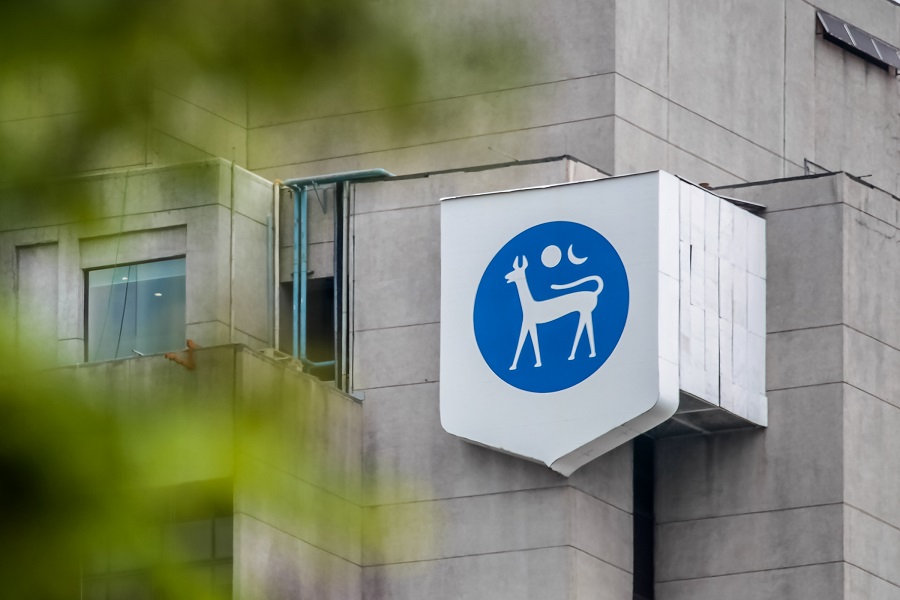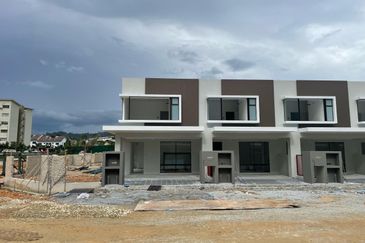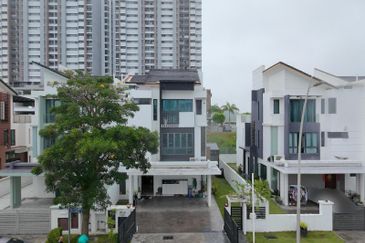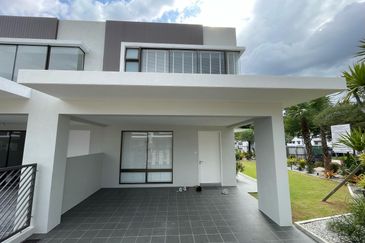
KUALA LUMPUR (July 8): Bank Negara Malaysia (BNM) has kept the overnight policy rate (OPR) unchanged at 1.75%, following the Monetary Policy Committee (MPC) meeting today, as it noted the strengthening in the global economy supported by improvements in manufacturing and services activity.
However, the pace of recovery varies across countries, the central bank said, pointing out that economies making better progress in their vaccination programmes have been able to ease containment measures, enabling a swift recovery in domestic activity.
In several advanced economies, sizeable fiscal and monetary measures are also supporting a stronger recovery momentum, although activities in some economies are disrupted by tighter containment measures to curb the resurgences of Covid-19, BNM said in its monetary policy statement.
“Financial conditions remain supportive of growth. Overall, the balance of risks to the growth outlook remains tilted to the downside, due mainly to uncertainty over the path of the pandemic as well as potential risks of heightened financial market volatility,” it said.
For Malaysia, the central bank said the better-than-expected economic activity in the first quarter of 2021 continued into April, as reflected by the latest indicators, particularly exports, retail spending and labour market conditions.
The re-imposition of nationwide containment measures, however, will dampen growth momentum, with the degree of economic impact highly dependent on the stringency and duration of containment measures.
Despite that, continued allowances for essential economic sectors to operate, albeit at a reduced capacity, and higher adaptability to remote work, automation and digitalisation will partly mitigate the impact of restrictions, said BNM.
It added that the various policy support packages will alleviate some of the financial burdens of households and businesses. Favourable external demand conditions will continue to provide a lift to growth.
“Going forward, the gradual relaxation of containment measures, alongside the rapid progress of the domestic vaccination programme and continued strength in external demand will provide support for the growth recovery into 2022.
“The growth outlook, however, remains subject to significant downside risks, due mainly to factors that could lead to a delay in the easing of containment measures or imposition of tighter containment measures, and a weaker-than-expected global growth recovery. The materialisation of these risks could undermine the growth recovery,” BNM said.
As the bank expected, headline inflation had spiked recently due to the low base effect of fuel prices in the second quarter of last year, although it said that the spike is transitory with headline inflation to moderate in the near term as the base effect dissipates.
Headline inflation is projected to average closer to the lower bound of the forecast range for 2021, while underlying inflation is expected to remain subdued, averaging between 0.5% and 1.5% for the year, amid continued spare capacity in the economy, although the outlook is subject to global commodity price developments.
“The MPC considers the stance of monetary policy to be appropriate and accommodative. In addition, fiscal and financial measures will continue to cushion the economic impact on businesses and households and provide support to economic activity.
“Given the uncertainties surrounding the pandemic, the stance of monetary policy will continue to be determined by new data and information and their implications on the overall outlook for inflation and domestic growth. The bank remains committed to utilise its policy levers as appropriate to foster enabling conditions for a sustainable economic recovery,” BNM said.
Get the latest news @ www.EdgeProp.my
Subscribe to our Telegram channel for the latest stories and updates
TOP PICKS BY EDGEPROP

SL 9, Bandar Sungai Long
Bandar Sungai Long, Selangor

Taman Subang Indah PJS 10
Bandar Sunway, Selangor

Jalan Taman Setiawangsa
Taman Setiawangsa, Kuala Lumpur

Avenham Garden @ Eco Grandeur
Bandar Puncak Alam, Selangor





















